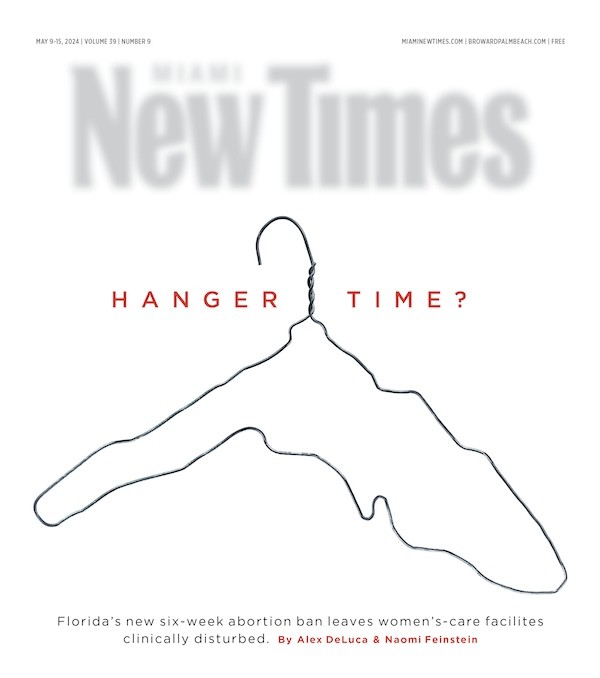"I want to be really rich and live on a farm with a bunch of horses — which is my main best animal — and have three yachts or more and diamonds and jewels and all that stuff."
— Erin Blackwell, known as Tiny, from the 1984 documentary Streetwise
Thirty-two years ago, while paired with writer Cheryl McCall on assignment to photograph runaway children in Seattle for Life magazine, documentary photographer Mary Ellen Mark had a brief, chance connection with an energetic and animated 13-year-old Erin Blackwell, known by her street name of Tiny. It was this encounter, watching Tiny and a friend her same age, all dressed up for the night, pop out of a
Tiny was a prostitute who spent most of her time walking, joking, playing, and crushing on boys on Seattle's famed Pike Street, occasionally staying with her alcoholic mother and her mother's abusive partner when she wanted a hot meal from the diner where her mother worked or makeup and cigarette money for the weekend.
"She was never judgmental when photographing."
tweet this
It was this meeting and the juxtaposition of the hidden world of the city's street children among the bustling success of a city (Life had picked Seattle because it had recently been deemed America's Most Livable City) that compelled Mark to call her husband, filmmaker Martin Bell, first thing the next morning and begin working on plans to return to Seattle to make a film highlighting these kids' lives, along with calling attention to deeper themes of intergenerational poverty, child welfare, addiction, and mental health. McCall raised $80,000 from her friend, singer Willie Nelson, and Streetwise the film was made. It was nominated for an Academy Award in 1985. Mark, Bell, and McCall shot from Labor Day to Halloween in 1983 with an overwhelming 50 hours of film to edit down that showed a cast of characters besides Tiny — Rat, Lulu, Munchkin, Shadow, and others — roller-skating through abandoned buildings they called home, visiting probation officers and free clinics, engaging in small-time hustling, scamming, dumpster-diving, falling in love, escaping heartbreakingly abusive situations at home, and otherwise surviving.
Tiny quickly became the star of the film and the face of child runaways for the nation.
But unlike other documentary photographers' connections, which can be voyeuristic at best and completely exploitative at worst, the link between this photographer and her subject was authentic and didn't simply end after the last edit.
"She was one of the most humanistic and honest documentarians ever, who truly connected with her subjects in such a way as to render certain aspects of their emotional lives,
Mark and Bell offered for Tiny to live with them in New York on the condition that she enroll in school. Tiny passed on the offer, but the three always stayed in touch, Mark returning to photograph the birth of Tiny's first child at age 16 and then for almost every other one of her nine childbirths since. The two's friendship continued until Mark's death in May of this year at age 75. Right before her death, she completed all of the work that would turn into the book and exhibit "Tiny: Streetwise Revisited — Photographs by Mary Ellen Mark" that Mark worked on with close friend Harris.
The Norton Museum of Art will be the world-premiere venue for the exhibit, which opens Thursday and runs through March 20.
The exhibit features 60 pieces of Mark's chronicling the relationship between documentarian and subject — many of which have never been displayed publicly. The exhibit shows Tiny's life from a child on the streets to a mother of ten in Kirkland, Washington. There are no horses, no yachts and jewels, but lots of love, survival skills, and optimism.
"I was thinking about how fleeting and how precious life is and the choices that you make in life, the luck of being born in the right bed, to parents who support and help you and who love you. That doesn't always happen — and then, what happens when that doesn't happen?" Mark wrote in the afterword of Tiny: Streetwise Revisited.
It was Mark's uncanny ability to connect with her subject and to realize what an immense privilege it was for a brief window into their lives — whether it was with Tiny; patients of an Oregon state mental hospital; prostitutes in Mumbai; Mother Teresa at her Missionaries of Charity in Calcutta, India; or teens on the night of prom that made her almost a patron saint of documentary photography among fellow photographers.
"Like the E.M. Forster quote, 'Only connect.' She did so extraordinarily," Harris enthuses.
She was deemed the "grandmother of the concerned photographers" by National Geographic's Stephanie Sinclair and "one of the greatest photographers of humans that will ever live" by Vice Media. In a piece for Aperture after Mark's passing, Harris noted something Mark would often tell her students: "I don't want to talk about creativity here. I want to talk about connection."
She wasn't interested in framing, staging, or skill. It was all about the interaction at hand.
"I saw Mary Ellen shoot two or three proms, and I understood," Harris explains. "She made an enormous effort with her subjects, asking them questions about themselves, keeping a sense of humor, saying everything that seemed to cross her mind in a way that was so genuine... I believe the people she photographed felt that. She could establish an immediate comfort level and rapport by being herself. She was never judgmental when photographing. She was so in it, and that creates an energy and intimacy that resonates throughout her work. Mary Ellen never minced words, and it wasn't a strategy — it's just who she was. I think people sensed that she was open and that she was interested in them and wanted to interact in ways that transcended making the photograph."
"Tiny: Streetwise Revisited — Photographs by Mary Ellen Mark"
Opens Thursday, December 10, and runs through March 20, at the Norton Museum of Art, 1451 S. Olive Ave., West Palm Beach. Documentary photographer Debbie Fleming Caffrey, a contemporary of Mark's, will provide insight into the exhibition at 6:30 p.m. Thursday, December 10. General admission costs $12 for adults, $5 for students, and is free for members and children age 12 and under. Palm Beach County residents receive free admission every Saturday with proof of residency. Call 561-832-5196, or visit norton.org.










